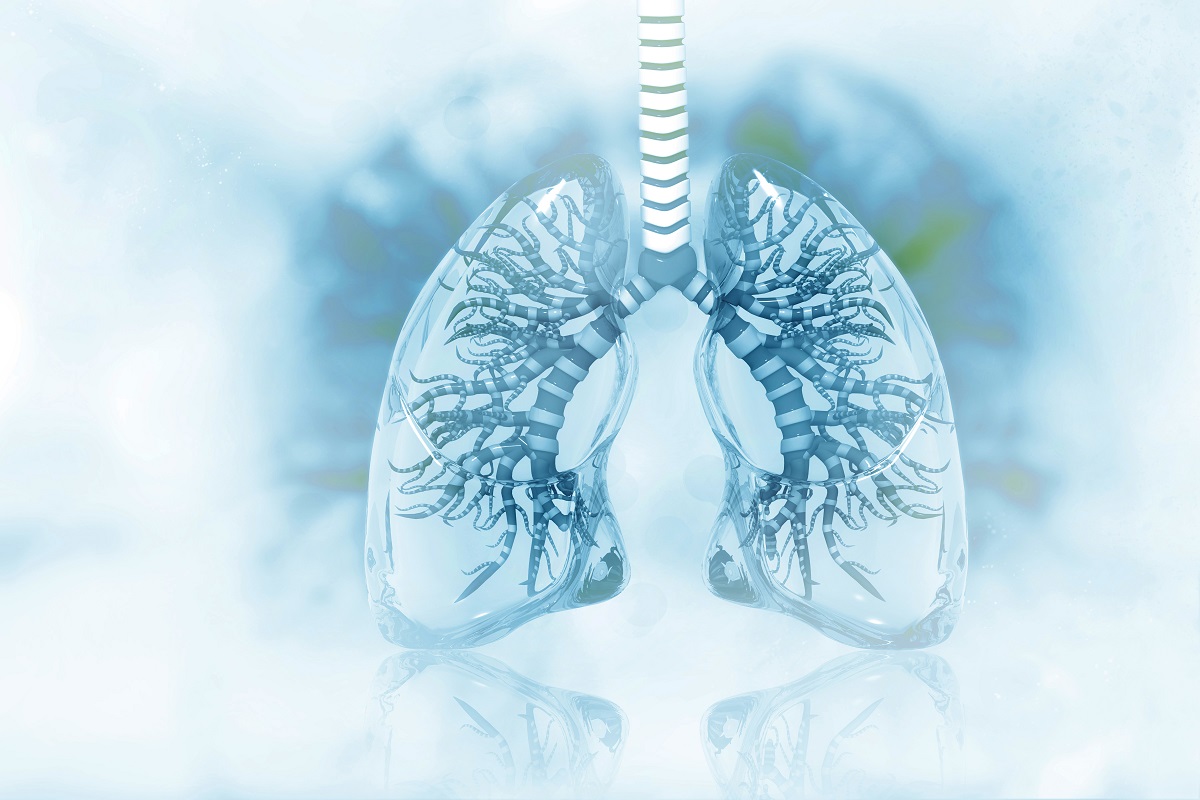Researchers find mechanisms that may lead to inflammatory bowel disease
A team of scientists has discovered mechanisms of abnormal immune cell function that may lead to Crohn’s disease, an inflammatory bowel disease (IBD).

A team of scientists has discovered mechanisms of abnormal immune cell function that may lead to Crohn’s disease, an inflammatory bowel disease (IBD).

The earth has just witnessed its hottest January on record, defying expectations and leaving climate scientists scrambling for answers.

Parkinson's disease (PD) is one of the most common neurological disorders caused by the death of dopamine-secreting neurons in the brain due to aggregation of synuclein protein inside it.

A team of scientists has developed a new method of scanning lungs that is able to show the effects of treatment on lung function in real time, enabling them to see the functioning of transplanted lungs.

Scientists at the Bose Institute, an autonomous institute of the Department of Science and Technology (DST), have studied archaea -- a domain of ancient organisms -- to find clues to survival strategies of microorganisms by adapting to harsh conditions with the help of their toxin-antitoxin (TA) systems.
In a new study by Chicago-based Northwestern Medicine in the US and published in the journal Science Advances, scientists sought to better understand how humans evolved to become so skilled at thinking about what’s happening in other peoples’ minds.
In a bid to enhance our understanding of ageing, a team of scientists has uncovered the intricate mechanisms by which immunoglobulins influence the ageing process.
Scientists have linked symptoms of depression during pregnancy to a specific brain activity, and hope to develop test for “baby blues” risk.
The finding made using data from NASA’s MAVEN (Mars Atmosphere and Volatile EvolutioN) satellite may help in future space missions.
People with Parkinson’s face a continuous decrease in neuron cells that reduces the levels of dopamine (neurotransmitter) in their body. L-dopa is a chemical that is converted to dopamine in our body and so acts as an anti-Parkinson’s drug.
